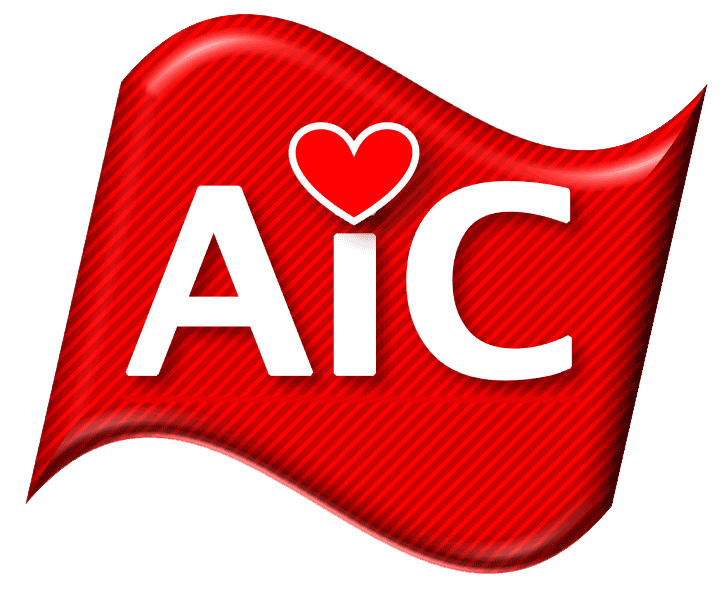Seven Things Everyone in Health Care Should Know about Self-Care
1. Self-care is a choice. “The key to healing” says Gabor Maté in his book, When the Body Says No, “is the individual’s free, active, and informed choice.” It is also the key to quality self-care. Unfortunately making such choices doesn’t come naturally to a lot of us, and few have been taught how to consciously choose, evaluate those choices, and then make the necessary choice adjustments to get where we want to go. Learning this art of making better and better self-care choices is the key to resilience and quality of life.
2. Self-care is personal. There is no one-size-fits-all universal answer. It’s not about the method, it’s about the person. You. The answer is, to use Carl Jung’s phrase, in the secrets of your own private experience. Your life, your choices, your commitment. You are the only person who knows what is most meaningful and motivating for you, and self-care must be meaningful and self-motivating, otherwise it doesn’t last. Perhaps you’ve noticed that. Only you can discover your best path to wellness. No one else can do it for you.
3. Self-care protects you. There are occupational hazards in caregiving. No, you don’t usually need a hard hat, but… at some point, as a caregiver, you will find yourself going down a dark hole to rescue someone. Someone who is in physical, emotional, mental, social, or spiritual darkness. You need strong lifelines anchored in place ahead of time, so that we don’t end up with two of you down that hole. Burnout, compassion fatigue, vicarious trauma, and moral distress are not personal failings, they are some of the all-to-real hazards that come with the territory. Good self-care is your protective gear. In her Compassion Fatigue Workbook, Françoise Mathieu describes these hazards as equivalent to the physical dangers of working on an Arctic fishing boat.
4. Self-care is the best antidote to stress. The greatest stressors are five primal threats identified by Robert Sapolsky in his book, Why Zebras Don’t Get Ulcers. They are the primary ingredients of horror movies: you have no control over the situation, you can’t predict what will happen next, there’s no escape, you’re facing it alone, and there’s no hope of it getting better. These threats cause most of the stress experienced by all primates—which includes anyone reading this. Once you understand these threats you can recognize where they are coming from in your life. Then you can target them accurately with the self-care resources and strategies that change them from a threat into a challenge. Challenges motivate us in positive rather than negative ways, and this one change—seeing something as a challenge rather than a threat— protects our health in numerous ways. With practice you’ll get better at it, and be able to manage your threat-level with skill even in high-stress situations.
5. Self-care is about wholeness rather than excellence. It’s not about being better than others, its about being better with yourself. Excellence is not the same as strength. Excellence won’t protect you against burnout. It is too brittle, too dependent on your last success. However, a deep, resilient strength comes from addressing your weakest links as well as your strengths. This is a sense of wholeness, balance, and resilience that can be steadily built into your life. It brings with it the capacity to cope with the hard knocks of life and grow wiser from them.
6. Self care is a priority, and priorities compete. Those who work in health care have very meaningful jobs to do—you save lives, restore health, and reduce pain. So the bar for what to do with your time is set very high. You can always be doing something incredibly important for someone else. But… bitter, burned out caregivers are not a source of comfort to anyone, and they make lousy decisions. The only way you can consistently bring your A game to those in your care, is to have already taken care of you. As they say on airplanes in an emergency, put your oxygen mask on first. You make better choices that way.
7. Self-care is a learnable skill, best learned in a team setting. The most insidious thing about burnout is that it is isolating. We are all in this together. In a team we can learn not only from the materials, we can learn from the wisdom in the room. This builds interdisciplinary teamwork where caregivers look out for each other. Burnout is not a medical problem, so it doesn’t have a medical solution. Prescriptions, regimens, best practices, or latest research findings may be helpful, but they are secondary. The primary thing is to support one another in making better self-care choices, and to find the path that leads to a healthier you.
—Simon Fox
Simon Fox is Executive Director of the Adventures in Caring Foundation and author of Oxygen for Caregivers: Your Toolkit to Guard Against Burnout, Build Resilience and Sustain Compassion, an interdisciplinary team-learning program for health care and emergency service professionals.
Simon@AdventuresInCaring.org
Related topic: Best Pills for Erection: A Comprehensive Guide

